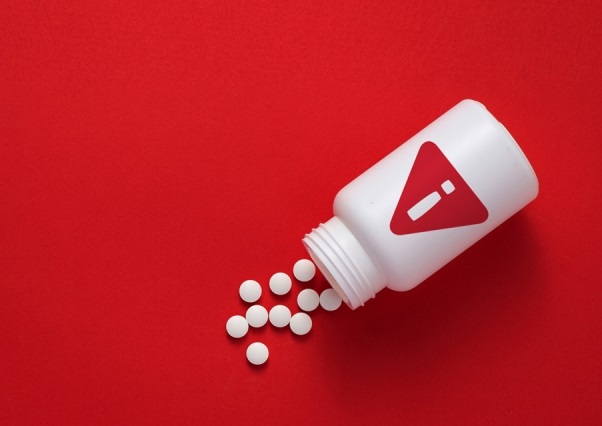Aspirin and Stroke

Should you take aspirin to prevent stroke?
AHA recommendation key takeaways from the 2019 American College of Cardiology/American Heart Association (ACC/AHA) Guidelines on the Primary Prevention of Cardiovascular Disease include a thorough assessment of your risk and a shared decision on preventive strategy with your health care professional.
You shouldn’t take daily low-dose aspirin without talking to your doctor. In some cases, serious risks outweigh the benefits of aspirin. So don’t start aspirin on your own.
Because of the risk of bleeding, aspirin therapy is not recommended if you have never had a heart attack or stroke, except for certain carefully selected patients. If you’re over age 70, taking aspirin to prevent a first heart attack or stroke could do more harm than good. If you have had a stroke, your doctor may recommend medications, including aspirin, to help prevent another one. Aspirin is part of a well-established treatment plan for patients with a history of stroke. Take the recommended medications and talk to your doctor before making any changes.
Know the risks
Because aspirin thins the blood, it can cause several complications. You should not take daily low-dose aspirin if you:
- Have an aspirin allergy or intolerance.
- Are at risk for gastrointestinal bleeding or hemorrhagic stroke.
- Drink alcohol regularly.
- Are undergoing simple medical or dental procedures.
- Are over age 70.
People who take aspirin regularly have a risk of stomach problems, including stomach bleeding. Alcohol use can increase these stomach risks. If you are told to take aspirin, ask your doctor if it is safe for you to drink alcohol in moderation. People with diabetes who do not have a history of heart attack or stroke may not need aspirin therapy, unless their health care professionals recommend it as part of the overall treatment plan.
How does aspirin help prevent stroke?
A stroke occurs when a blood vessel that carries oxygen and nutrients to the brain is blocked by a clot or bursts. When that happens, part of the brain can’t get the blood and oxygen it needs, and it begins to die. This usually starts with atherosclerosis, a process in which deposits of fatty substances, cholesterol, cellular waste products, calcium and other substances build up in the inner lining of an artery. This buildup is called plaque.
Plaque usually affects large and medium-size arteries. Plaques can grow large enough to significantly reduce the blood's flow through an artery. But most of the damage occurs when a plaque becomes fragile and ruptures. Plaques that rupture cause blood clots that can block blood flow or break off and travel to another part of the body. This is called an embolism. Aspirin prevents platelets from clumping and forming clots. Certain patients will be prescribed aspirin combined with another anti-clotting agent. Learn more about antiplatelets and anticoagulants.
Should I take aspirin during a stroke?
Stroke is a medical emergency. If you experience stroke warning signs, call 9-1-1 immediately.
Taking aspirin isn't advised during a stroke, because not all strokes are caused by blood clots. Some strokes are caused by ruptured blood vessels and taking aspirin could make these bleeding strokes more severe.





